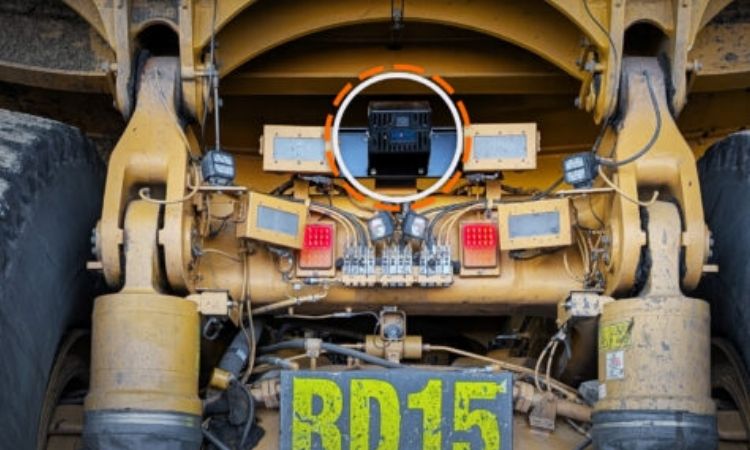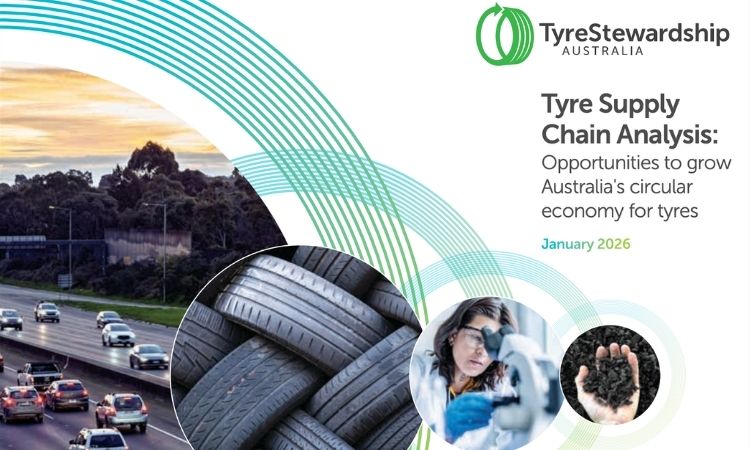Indian EPR Scheme now includes retreading
The new Extended Producer Responsibility (EPR) for Waste Tyre Policy, released on July 23 by India's Ministry of Environment, Forests and Climate Change, has given the country's retreading industry a huge boost by recognizing retreaders as a necessary element of the waste tyre management system and by including retreading as an integral part of the Policy.
Lack of organization has been one of the major problems that India's recycling and retreading industries have faced. Because of this, it frequently happened that low-cost, low-quality companies, such as recyclers or retreaders, entered the market and ruined the reputation of high-end companies in both sectors.
This was especially apparent in the recycling industry's pyrolysis sector, where a number of unfortunate events prompted calls to restrict the importation of end-of-life tires and to crack down on pyrolysis plants that did not adhere to Standard Operating Procedures. The implementation of Extended Producer Responsibility was the final result of the combination of environmental and political pressures.
It is important to note that retreaders in India will soon be able to issue Retreading Certificates, which would allow tire businesses to postpone their EPR obligation by one year.
“We are waiting to understand the implementation,” commented Karun Sanghi, the Managing Director of Indian retreader Tyresoles and Chairman of TREA, the Indian Tyre Retreading Education Association. “Still, this is a great step forward for the retreading industry in India,” he added.
In the document below you can read the feature on the latest TREA (Tyre Retreading Education Association, India) August 2022 Newsletter.
Source: Hemant Kaul's LinkedIn page.
The announcement represents a significant success for the newly formed trade association, which has led the effort to include retreading in India's new EPR law.
With this policy initiative, India has shown leadership in recognising retreading and its role in a sustainable transportation sector.
Weibold is an international consulting company specializing exclusively in end-of-life tire recycling and pyrolysis. Since 1999, we have helped companies grow and build profitable businesses.









